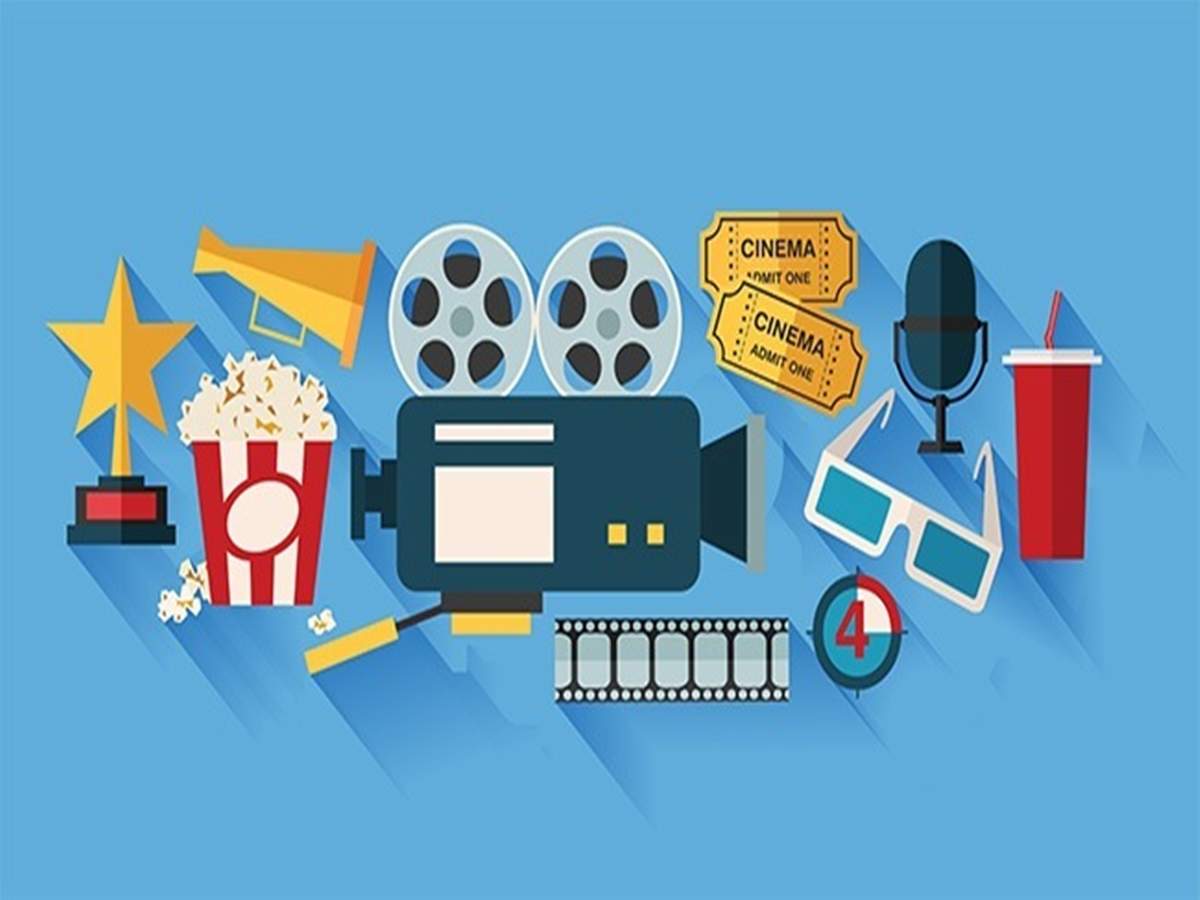The Cultural Impact of Movies and Television Shows
The Cultural Impact of Movies and Television Shows
Blog Article
Movies and television shows have long been pivotal forms of entertainment, shaping and reflecting cultural values, social norms, and public perceptions. From classic films to modern streaming series, IPTV Brasil offer more than just escapism; they are powerful tools that influence society, provoke discussions, and foster community.
The Evolution of Storytelling
The journey of storytelling through film and television has evolved dramatically over the decades. Early cinema introduced audiences to new worlds through silent films and simple narratives. The advent of sound and color brought a richer experience, allowing filmmakers to explore more complex themes and emotions. Today, with advances in technology and the rise of streaming platforms, storytelling has become more diverse and accessible than ever.
Representation and Diversity
One of the most significant shifts in recent years has been the push for greater representation and diversity in movies and television. Historically, many groups have been marginalized or misrepresented. However, recent productions have begun to highlight varied perspectives, showcasing stories from different cultures, genders, and backgrounds. This shift not only enriches the storytelling landscape but also fosters a sense of inclusion and understanding among audiences.
Cultural Reflection and Critique
Movies and shows often mirror the societal issues of their times. They can act as a reflection of cultural attitudes or serve as a critique of societal norms. For example, shows like "The Handmaid’s Tale" and films like "Parasite" address themes of inequality and oppression, prompting audiences to engage with pressing social issues. Such narratives can spark conversations, inspire movements, and encourage viewers to challenge the status quo.
Escapism and Connection
While films and television provide social commentary, they also offer an escape from reality. Viewers can immerse themselves in different worlds, experiencing adventures, romances, and dramas that resonate on a personal level. This escapism can be therapeutic, allowing individuals to momentarily step away from their daily lives.
Moreover, shared viewing experiences—whether in theaters or through binge-watching sessions at home—create communal bonds. Fans gather to discuss plot twists, character developments, and theories, fostering a sense of belonging and connection within communities.
The Future of Film and Television
As technology continues to evolve, so too will the landscape of movies and shows. Virtual reality, augmented reality, and interactive storytelling are on the horizon, promising new ways to engage audiences. Additionally, the rise of streaming platforms has changed consumption habits, with binge-watching becoming a norm. This shift presents both opportunities and challenges for creators as they navigate the ever-changing preferences of viewers.
Conclusion
Movies and television shows are more than mere entertainment; they are powerful cultural artifacts that shape and reflect the world around us. As storytelling continues to evolve, the potential for these mediums to influence society, inspire change, and foster connection remains boundless. Whether through poignant narratives or lighthearted comedies, the impact of film and television will undoubtedly continue to resonate for generations to come. Report this page
